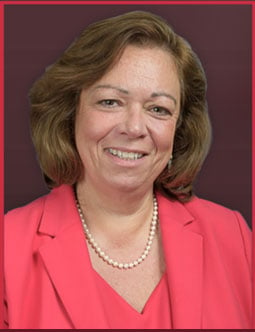Going through a divorce is difficult, no matter the specifics of your situation. However, when you share children, a divorce gets much more complicated.
In New York, a court prefers to grant both parents custody of children. However, there are several types of custody and different types of custody arrangements.
Legal custody of the children
Legal custody means you make decisions about things like where your children go to school, what kind of medical care they receive and if they are raised religious. One parent may have legal custody of the children, or they may share legal custody. If you and your ex share legal custody, you must discuss decisions regarding school and healthcare.
Physical custody of the children
When most people think of custody, they think of physical custody. It refers to who the children will live with. Again, you can have sole or joint physical custody of the children. If you have custody of your children for more than 50 percent of the time, that is considered sole custody in New York. In that case, the other parent is usually awarded visitation. Only in extreme circumstances does a parent lose all visitation rights.
There are many ways to divide custody. If you and former spouse live close by, you could share physical custody during the week. Or perhaps one of you keeps the children during the week, and the other parent has the children on the weekends.
Mediation is an option
You do not have to go to court to settle child custody issues. You settle custody through mediation. During mediation, you and your spouse work together to create a parenting plan you both agree on.
If you go to court for child custody, the court decides custody based on the best interests of the children. Here are some factors that are considered:
- Ability to care for your children
- You and your ex’s mental and physical health
- Work schedules
- Conditions of the home environment
- Depending on their age, children’s preference may be considered
- Drug or alcohol use
- Any domestic violence
If you are going through a divorce, you may want to contact a family law attorney to discuss your options regarding child custody. An attorney can advise on whether pursuing court action is in the right choice in your situation.

